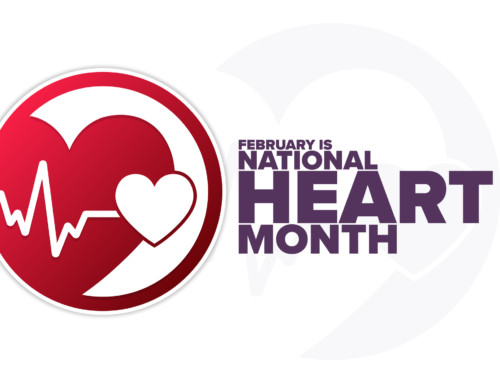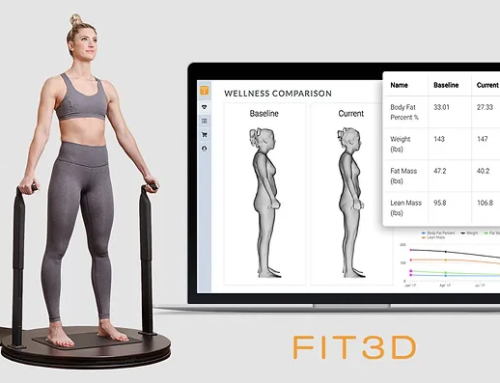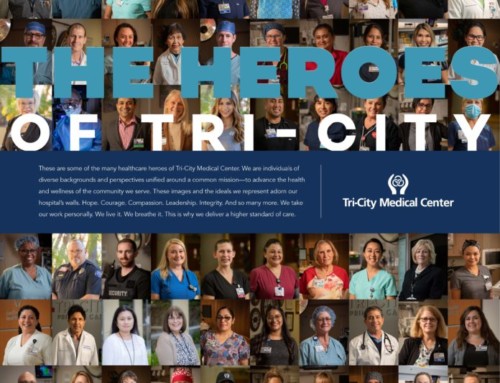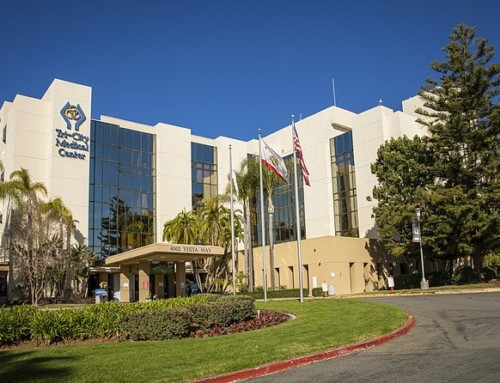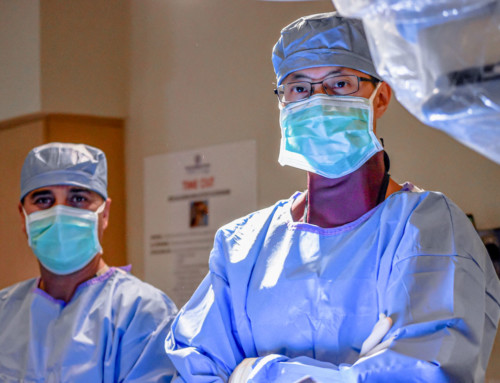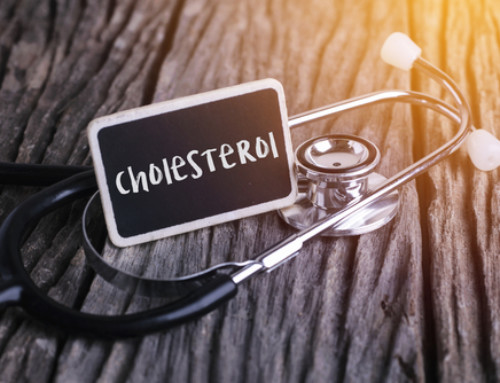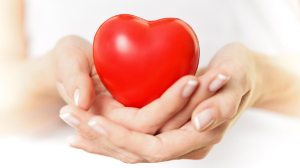 By Dr. David Cohen, Cardiologist
By Dr. David Cohen, Cardiologist
We’ve all had that feeling – you see someone you like or a loved one, and your heart skips a beat. It’s something we can’t control, but how do we know when it’s a sign of love or something much more serious?
As a cardiologist, I am fascinated by the heart and I’m convinced that the heart is the most vital and elegant organ of the human body. It perfectly unifies structure and functionality to pump blood throughout the body, beating more than 2.5 billion times in an average human lifetime. The heart is divided into four chambers – the left and right atriums and ventricles – that have very specific and equally important jobs of holding and pumping blood throughout the body.
Prompting the heart is an automatic electrical system that functions to synchronize the heartbeats we feel in our chests. However, when abnormalities occur in this electrical system, the heart can go into arrhythmias affecting and leading to issues with heart structure and function.
Here’s a quick rundown of various types of arrhythmias & what symptoms to look out for:
- Tachyarrhythmias are abnormally fast (tachy) heart rhythms of over 100 beats/minute. You may experience them during bouts of exercise but if you experience this high rate during rest, it may signal underlying health conditions. Symptoms also include dizziness and difficulty breathing, but sometimes the only symptom of a persistent tachyarrhythmia may be fatigue.
- Bradyarrhythmias are the opposite of tachyarrhythmias and occur when the heart beats abnormally slow (brady) at a rate under 60 beats/minute. Symptoms most commonly include dizziness, fainting, fatigue and difficulty breathing. However, symptoms do not typically appear until the heart rate drops below 50 beats/minute. Bradyarrhythmias are treated with a pacemaker which functions to pace the heart at a normal rate and coordinates proper function of the heart chambers.
- Supraventricular tachycardia (SVT) refers to rapid heartbeats that originate in the upper portion of the heart (atria). These can arise suddenly due to stress, exercise, and emotional influence and you may experience a ‘pounding’ heart, shortness of breath, and chest pain. This arrhythmia often resolves itself without treatment but may require medical attention if lasting for extended periods of time.
- Atrial fibrillation (AF) is the most common supraventricular arrhythmia and is characterized as a rapid irregular heart rhythm. Causes of AF include genetics, aging, sleep apnea, heavy alcohol use, and high blood pressure. This type of arrhythmia can lead to serious complications such as embolism (blood vessel blockage) and stroke. Medications have been shown to help reduce atrial fibrillation and other treatment options are now in use, such as ablation, which is intentional scaring to destroy the small portion of heart tissue causing the irregularity.
The heart is an incredible organ and what it does within our body can be considered a work of art. As a cardiac electrophysiologist, I continue to learn about treating arrhythmias through the latest in minimally-invasive, outpatient procedures including device implantation. It is a privilege being part of a field that allows me to cure debilitating arrhythmias, guard against life-threatening arrhythmias, resolve heart failure symptoms, and allow patients to return to normal living – in essence, to improve my patients quality of life and to save lives. The field of cardiac electrophysiology is constantly evolving, and I look forward to showing my patients that the heart goes beyond the traditional symbol of love and will accompany you through many years of future happiness if you treat it right. Show your heart some love and it will love you for a lifetime.
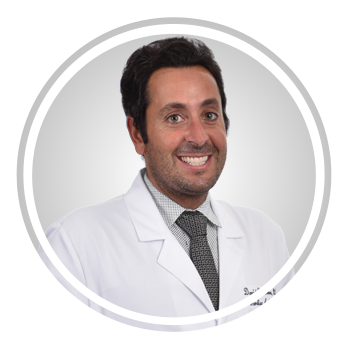 About Dr. Cohen
About Dr. Cohen
Dr. David N. Cohen attended George Washington University School of Medicine in Washington, DC, where he completed Fellowship training in both Cardiovascular Disease and Clinical Cardiac Electrophysiology. Dr. Cohen is a San Diego native where he attended high school (the Bishop’s School) and college (UCSD) before receiving his medical training. Dr. Cohen’s research includes development of a novel imaging catheter for real time visualization of cardiac ablation lesions; he has published articles in top peer reviewed journals, including Circulation and Heart Rhythm Journal. Aside from expertise in all aspects of cardiac rhythm management, Dr. Cohen has a special interest in cryo-ablation of atrial fibrillation (AF), a technique using reversible cold energy to ablate the origins of AF in the heart.
